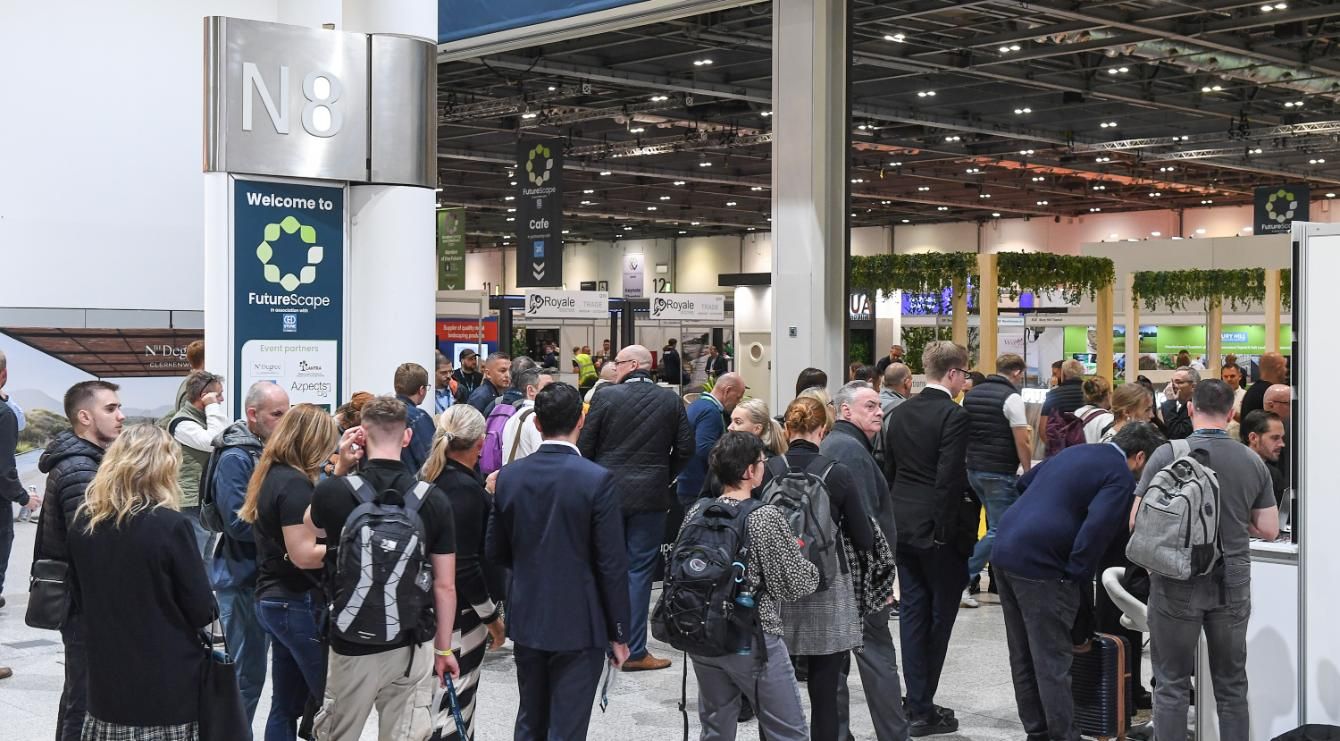The Waste Dilemma: Policy, Progress and the Gaps in Between - Insights from the Recycling Expo 2025 Roundtable
)
Summary:
As part of the agenda development for The Recycling Expo 2025, a focused roundtable brought together senior stakeholders from across the waste, recycling, and policy landscape to explore the most urgent challenges shaping the sector. The session aimed to sharpen the event’s programme, ensuring it reflects practical realities on the ground — and drives forward solutions with real market value.
Over the course of a dynamic two-hour session, three core themes emerged:
1. Policy Overload Meets Market UncertaintyLegislative change dominated discussion, particularly around Simpler Recycling, EPR (Extended Producer Responsibility), ETS (Emissions Trading Scheme), and the delayed Deposit Return Scheme (DRS).
-
There was strong consensus that conflicting policy timelines are creating confusion, especially for local authorities tasked with planning new infrastructure amid rapidly shifting requirements.
-
Many panel members highlighted the “double pressure” on local councils — loss of income (e.g. from DRS) coupled with new costs (e.g. under ETS) — without sufficient support or clarity from central government.
-
A notable concern: lack of clear communication to SMEs, many of whom remain unaware of live obligations under Simpler Recycling.
The call to action? Ensure the Expo provides space for reflection on what’s already in place, not just what’s coming — and invite government bodies to respond to the practical impact of current legislation.
2. Infrastructure Lag vs. Material InnovationAnother major theme was the mismatch between material innovation and the UK’s recycling infrastructure. While the market is seeing rapid developments in compostable and flexible packaging, the infrastructure to process these formats remains underdeveloped.
-
Some panel members warned of a potential future where infrastructure built today for flexible plastics becomes obsolete if packaging design trends shift again.
-
Others pushed for more visibility from producers and manufacturers, suggesting a shared stage with waste operators could finally break down silos in the supply chain.
-
Chemical recycling also sparked debate — seen as a possible route forward for hard-to-recycle materials, but with concerns around carbon intensity, cost, and classification.
There was enthusiasm for the Expo’s new Circular Innovation Hub, designed to showcase disruptive solutions — but a firm reminder that tech needs to be met with market readiness.
3. The Missing Middle: SMEs, Producers & Practical ProgressMultiple contributors pointed to a missing middle — SMEs and producers who often aren’t present in sector discussions but are key to making the circular economy work.
-
Engagement with smaller businesses, particularly in construction, retail, and hospitality, was highlighted as essential to driving practical change.
-
Others emphasised that waste management companies are often left out of packaging design decisions, only consulted once challenges arise.
-
A recurring theme was "realistic responsibility" — how different parts of the system (local authorities, producers, residents) share responsibility for outcomes, and where support and funding should be prioritised.
-
The Expo must address conflicting policy timelines and infrastructure uncertainty head-on.
-
Panels and sessions involving manufacturers, brands, and innovators are essential — especially those willing to discuss packaging design, supply chain integration, and future planning.
-
Focus on practical, actionable insights for both large stakeholders and SMEs — especially around food waste, flexible plastics, and material recovery.
-
Spotlight forward-looking topics such as reuse, refill, and circular logistics models, while grounding the conversation in current capability and costs.
The insights from this session will directly inform the 2025 programme for The Recycling Expo, with expanded space for:
-
International case studies
-
Cross-supply chain dialogues
-
Hands-on tech and material showcases
-
Policy-driven debates that prioritise action, not just discussion
Thank you to all participants for contributing your time and expertise to this session. The conversation doesn’t end here — it shapes what’s next.
About This Roundtable
This roundtable took place in London on 17th of June, 2025, as part of the ongoing agenda development for The Recycling Expo 2025, held at ExCeL London on 7–8 October 2025.
Roundtable Contributors Included Representatives From:
-
Dr Adam Read, Chief Sustainability & External Affairs Officer, SUEZ
-
Ben Saunders, Commercial Director, E-Waste & Glass Solutions, Enva
-
Lewis Pearlman, Strategy & Policy Officer, North London Waste Authority (NLWA)
-
Anthony Buchan, Head of Department, ReLondon
-
Adam Herriott, Senior Specialist, WRAP
-
Dean Thornewell, Managing Director, Liugong UK
-
Alistair Green, Circular Economy Development Officer, West London Waste Authority
-
Dan Green, Circular Economy Delivery Manager, West London Waste Authority
-
Nick Palmer, Head of Innovation, Grundon
-
Rory Capper, Head of Innovation & Sustainability, Bywaters
-
Chris Taylor, Net Zero Programme Director, UK Business Climate Hub / Broadway Initiative


